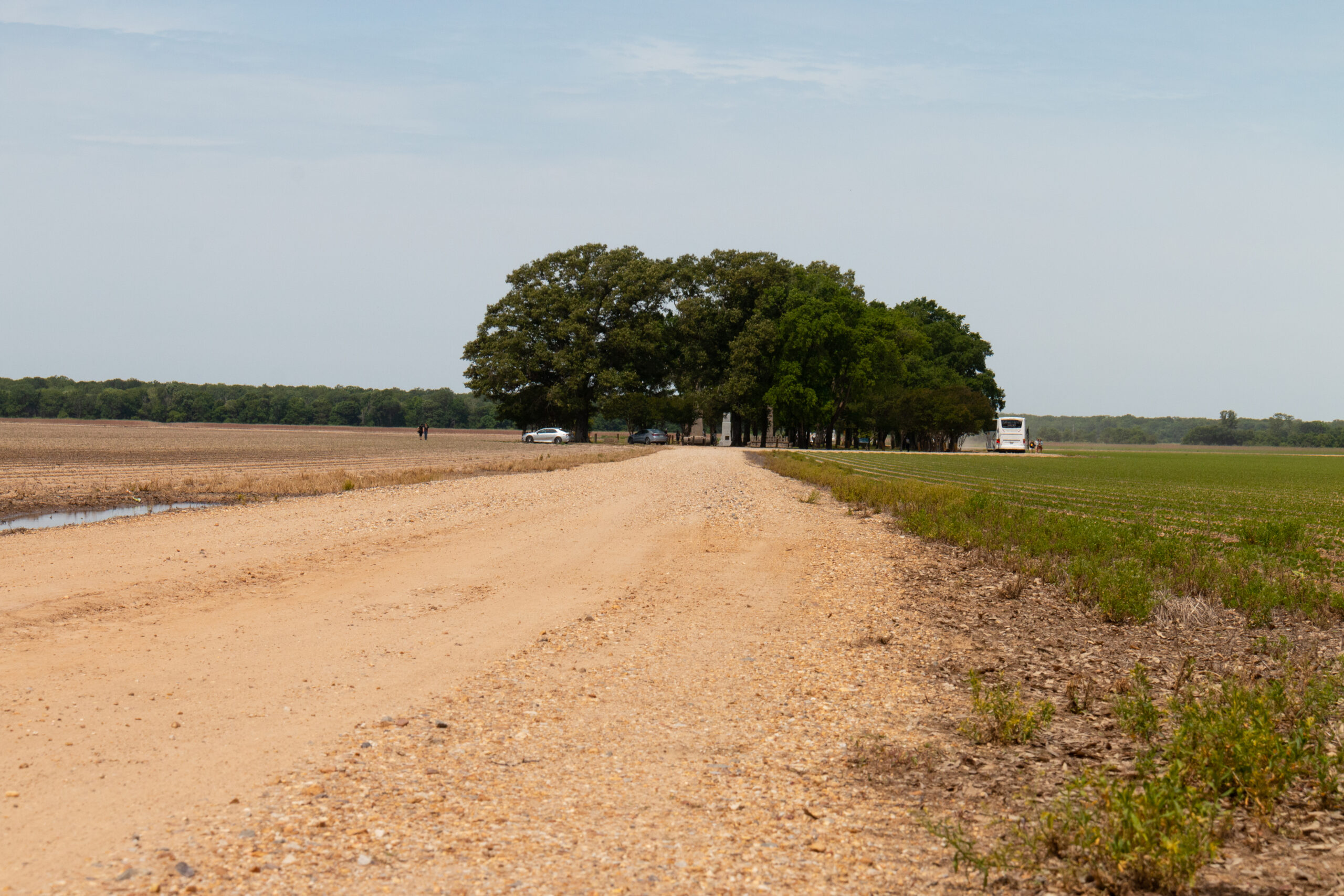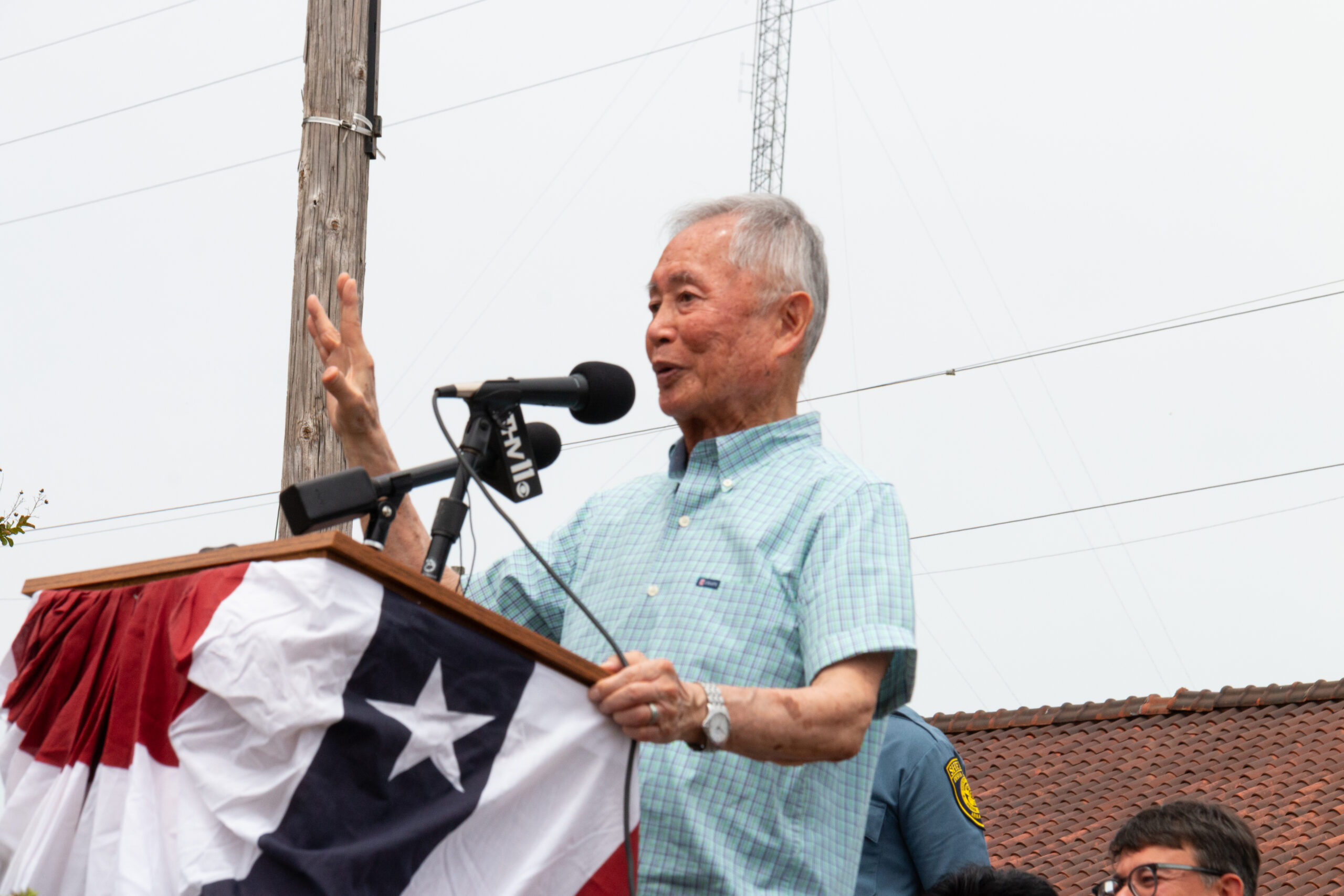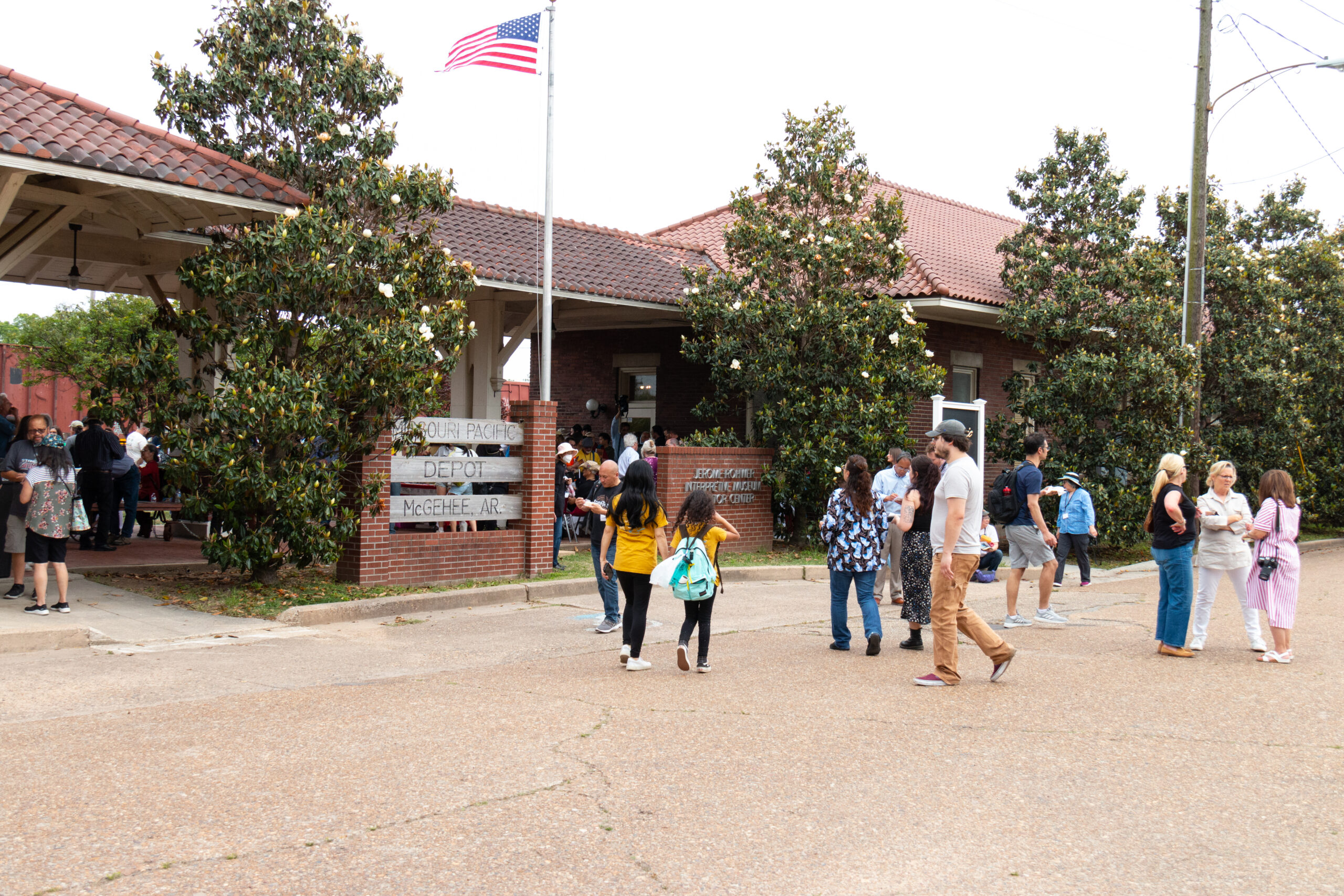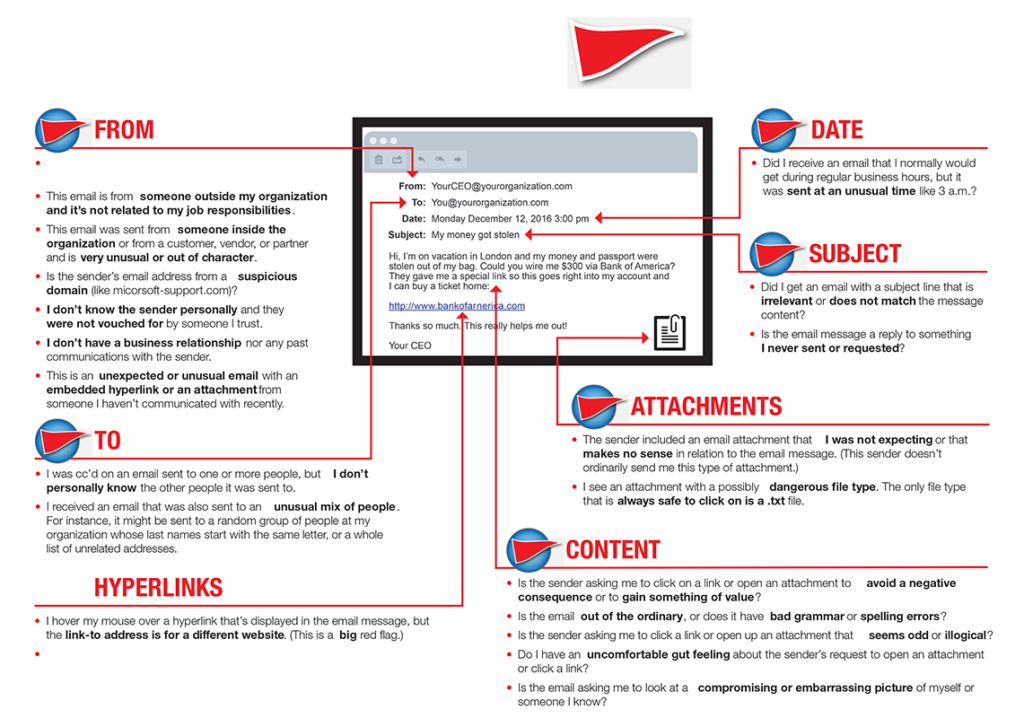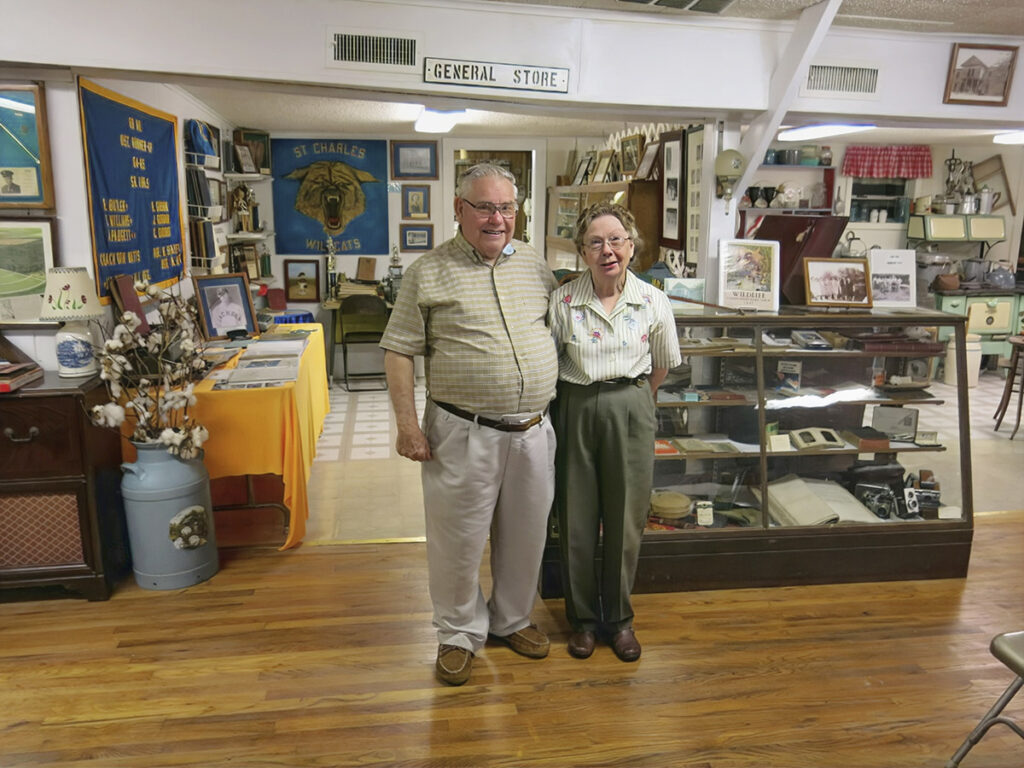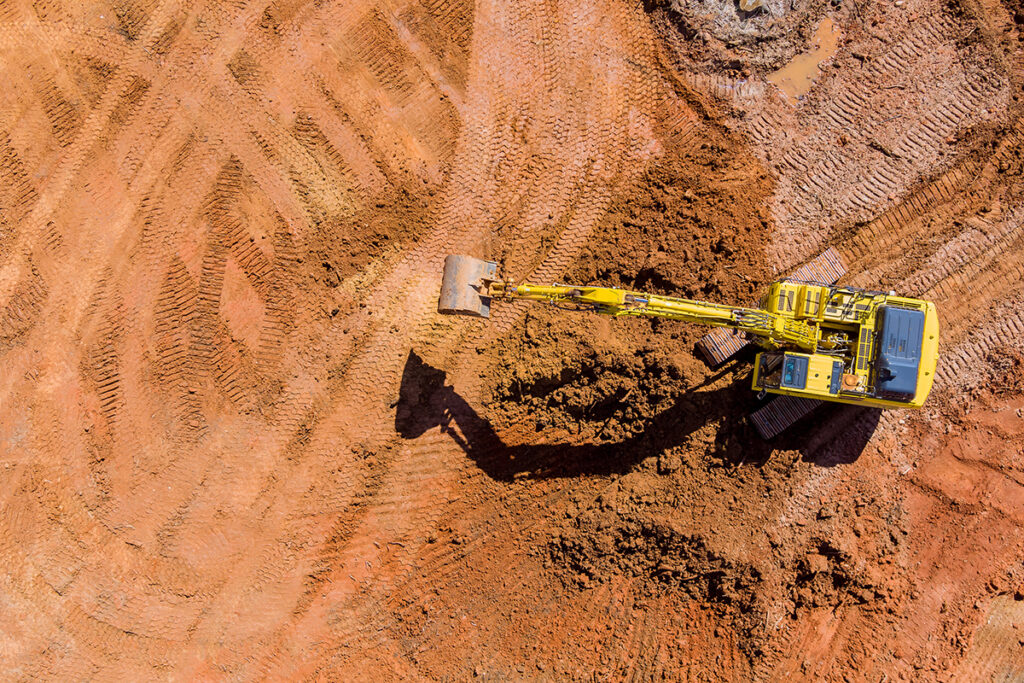This story is featured on the May/June 2023 episode of the City & Town podcast.
The World War II Japanese American Internment Museum in McGehee opened in 2013 to help tell the story of the Americans of Japanese descent who were removed from their homes and communities and transported against their will to rural Arkansas as a result of that wartime policy. On May 4, the city hosted a celebration of the museum’s 10th anniversary.
In the months following the attack on Pearl Harbor on December 7, 1941, the U.S. government illegally imprisoned more than 120,000 Japanese Americans—men, women and children—in internment camps in some of the most desolate areas of the country, including the Delta farming communities of Rohwer and Jerome, both near McGehee in Desha County.
Actor George Takei, who famously portrayed Lt. Hikaru Sulu on Star Trek, was an internee at Rohwer when he was a child. When he was five years old, his family was forced from their home in California and taken to the camp at Rohwer. Takei spoke about that painful but important chapter in our history at the museum’s grand opening in 2013, and he returned to McGehee for the 10-year anniversary.
“Desha County held both Jerome and Rohwer, and that story should be important for all people of Desha County,” Takei said. “But not all people in Desha County knew about this history, and it should be a part of Arkansas history. And many people in Arkansas didn’t know about what happened in Desha County over 80 years ago. It is an important chapter, a very important lesson to be learned from that chapter for all Americans.”
The city’s former train depot houses the museum. It is on the same rail line that once transported internees to the camps at Rohwer and Jerome. All that remains of the camp at Rohwer, about a 10-minute drive from downtown McGehee, is a memorial cemetery surrounded by farmland. The site features educational signage and interpretive exhibits. You can learn more about the museum and camp site at DeltaByways.com.

